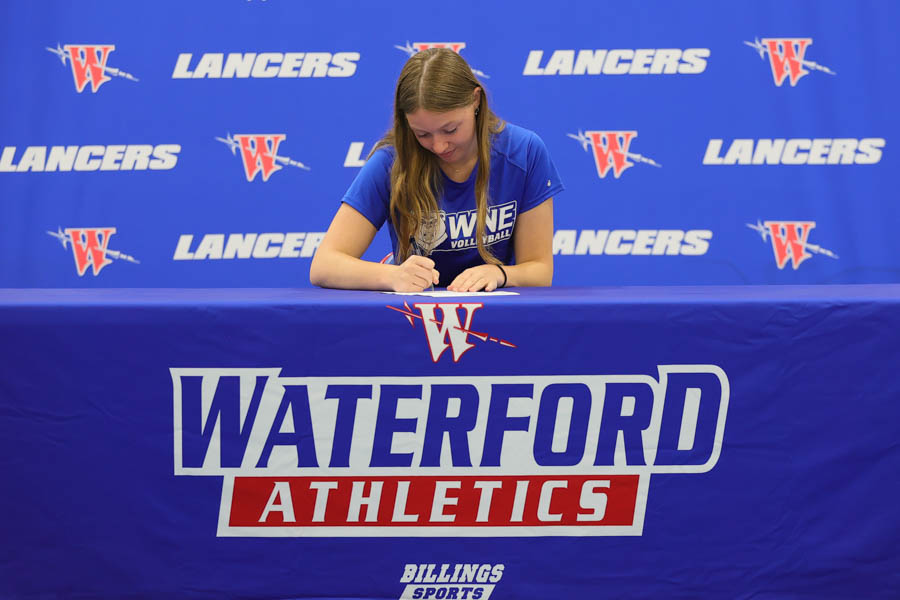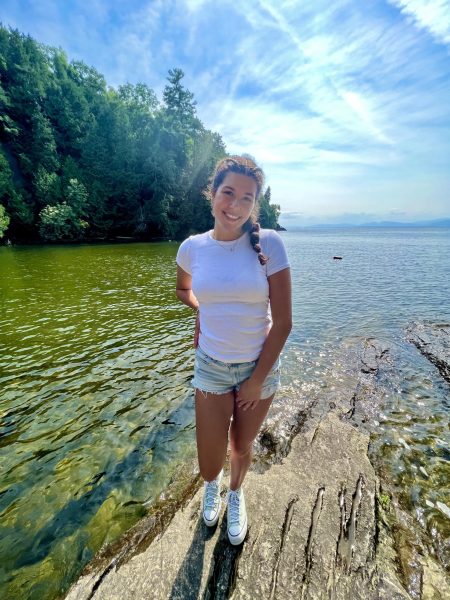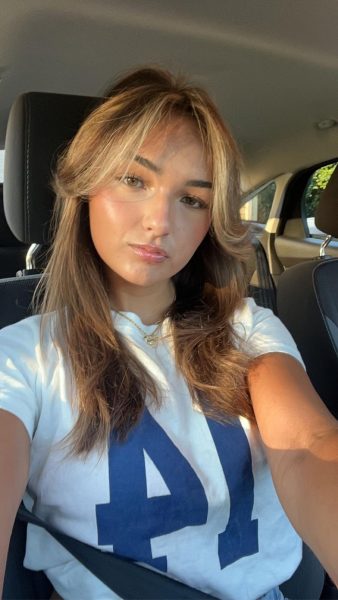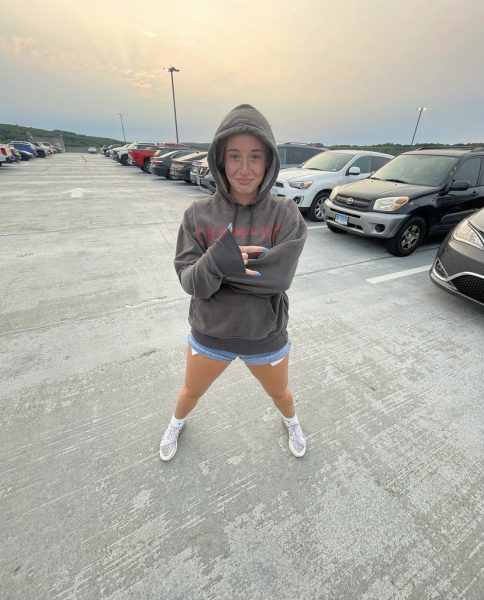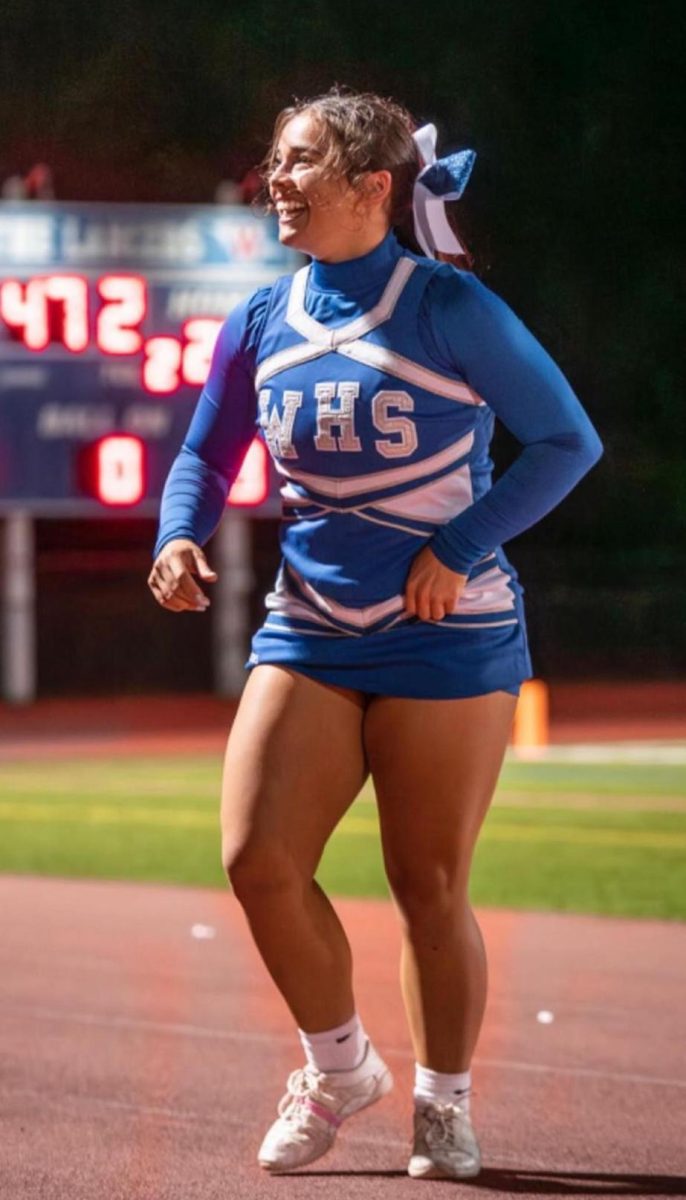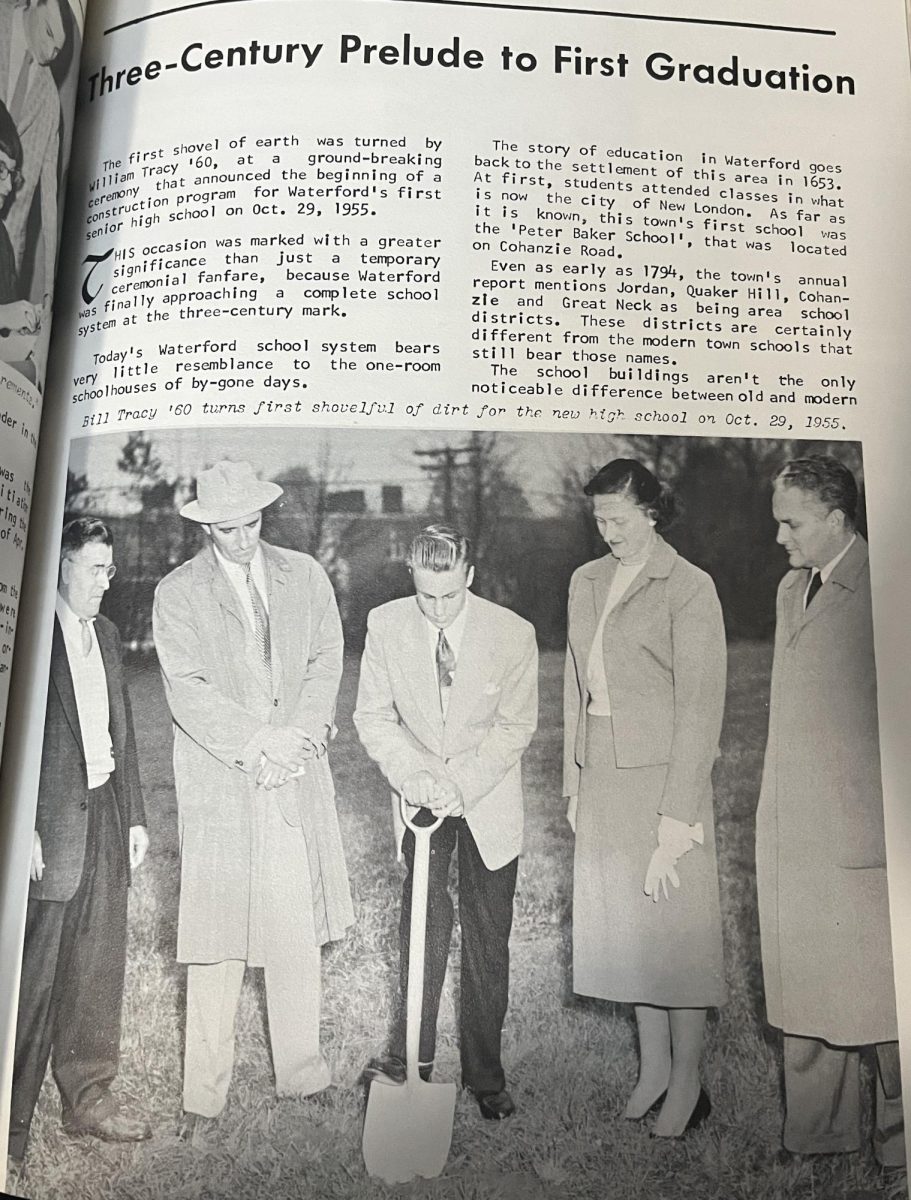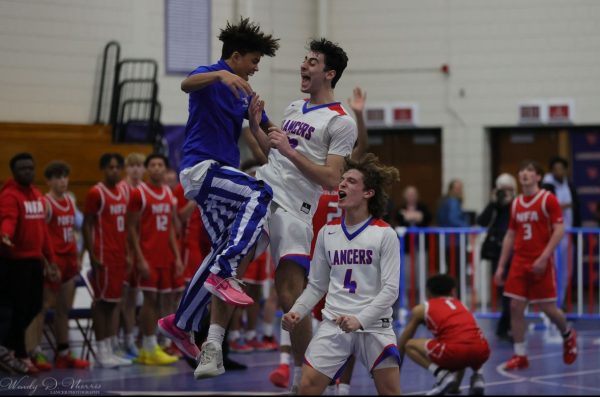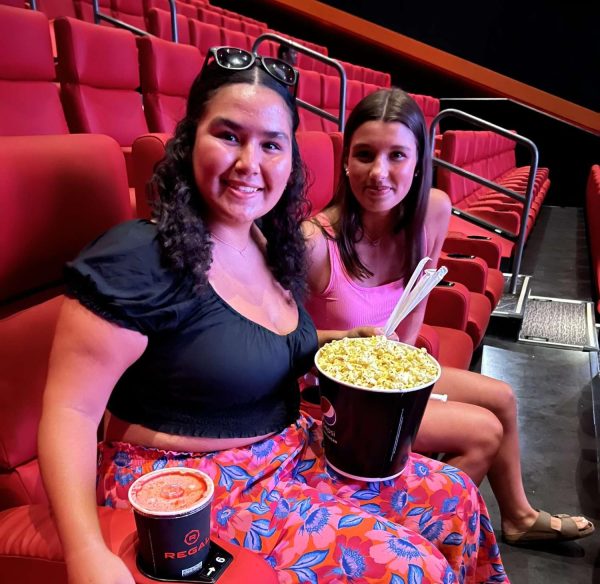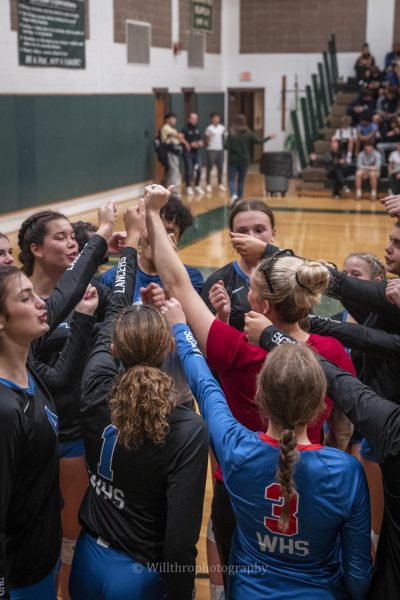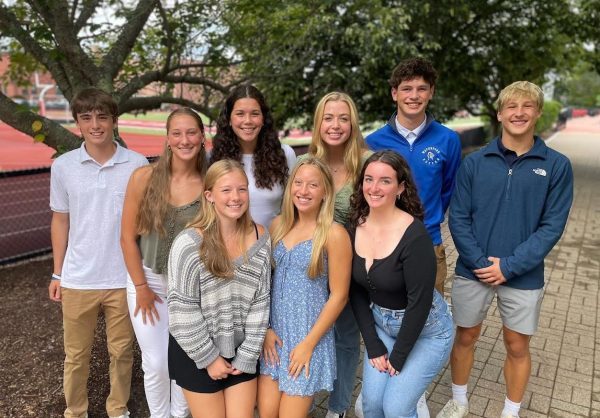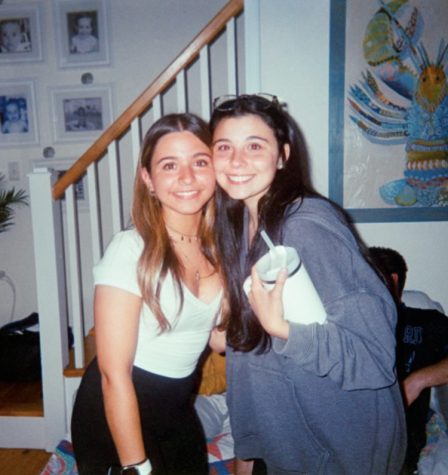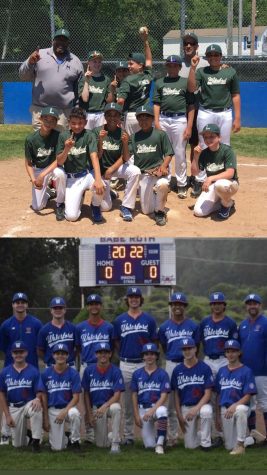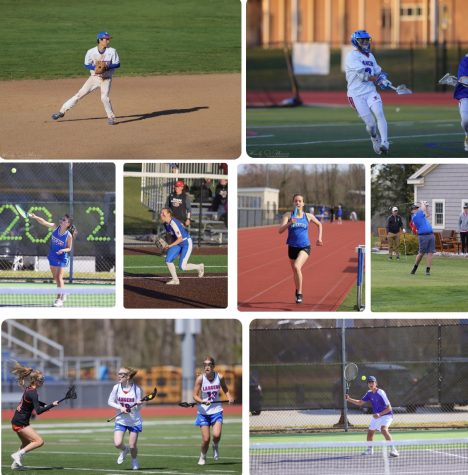Finding Your College Sports Match
December 5, 2022
One of the bigger concerns students come upon during their junior and senior year includes college applications. Not only do student athletes have to worry about their grades, school activities, and community outreach programs to catch colleges attention, but they also have to consider gaining interest from their favorite college athletics programs.
To be considered for these colleges, athletes have to workout and put in extra time besides their insane practice and game schedule. Once the athlete is at the level they need to play in college, they have to work on getting the college’s attention.
To start off the process, each athlete has to narrow down which colleges and divisions they would like to consider playing at. When the colleges have been chosen, the student then needs to start reaching out with emails that include their year, stats, position, and videos of them playing to catch the coaches eye. The students need to include other school information too, like their GPA and clubs they’re in. Most athletes start a youtube or join a similar platform so college coaches can view them playing.
Some programs that allow coaches and athletes to communicate and view videos of them playing include NCSA, PrepHero, Max Preps, and Hudl. These college recruiting websites have resources like upcoming camps and showcases that have your colleges attending, contact information for coaches, a profile you can send to coaches with information and videos, scholarship information, and eligibility information.
Many athletes aim for the right fit of school, which then most likely leads to the coach reaching out. From there you need to give them your personal information to keep up with one another and send them your schedule, which hopefully allows them to visit and watch you play in person. Some other options when reaching out to coaches include attending upcoming camps and showcases to meet the coaches and visit the campus and their facility with set up meetings, to in depth talk with the coaches and see what they can offer to you in their program.
Some examples of this long college recruiting process can be seen with volleyball athlete Marina Colonis, who started her search sophomore year. Due to her sister Angela recently being recruited she was able to see the “raw version” of how players really interact together. Once she narrowed down her schools she made sure to upload any information a college was interested in and look at the roster to see if their players matched what she could offer. But another big recruitment thought was making sure the team’s schedule worked with the major she was hoping to go into, and if other girls on the team were able to successfully balance it. Some advice she says would be really useful to anyone in the recruiting process is “Be vocal never be shy, especially if you want to talk to them give them your phone number and don’t ghost them always be super consistent, and make sure to always have questions even if you already know the answer to connect with the coaches/players more”. She believes that is what really helps with the coaches and getting yourself out there to others.
Another player, Colleen Cormin, who wanted to advance her athletic career in track and field, started her research by filling out recruiting forms and emailing coaches. Later in her process she says, “It is super important to tour the facility with coaches and meet separately with some of the players to see how they feel about the actual program.” When she was talking with the players and coaches, she made sure she didn’t just impress them but they impressed her. She focused on asking questions about personality and how their schedule can fit with her life and wishes like, “how do they feel with their athletes studying abroad?” Some advice she thinks is really crucial to the whole recruiting process to know is, “There is no too late or too early for recruiting; many processes are different, and make sure the impression goes both ways where conversations aren’t solely sports related.”
College athletic recruiting has a very long process, involving meetings, emails, and communication about both yours and the coaches hopes and dreams on what you can add to their program. While every athlete is different and the start times and strategies each of them use, and advice from other players can add different perspectives to make your recruiting skills improve.


